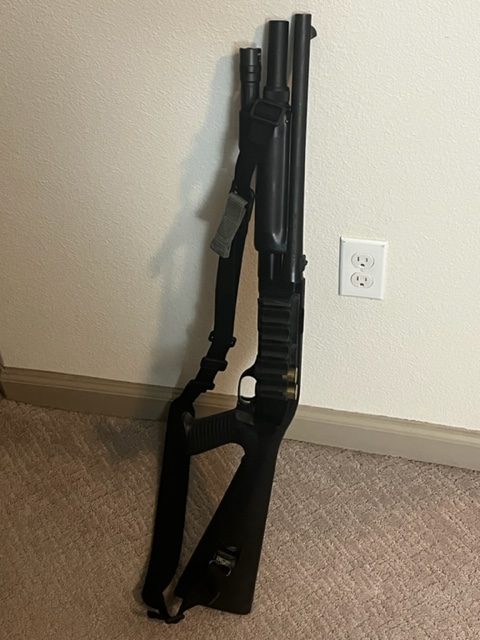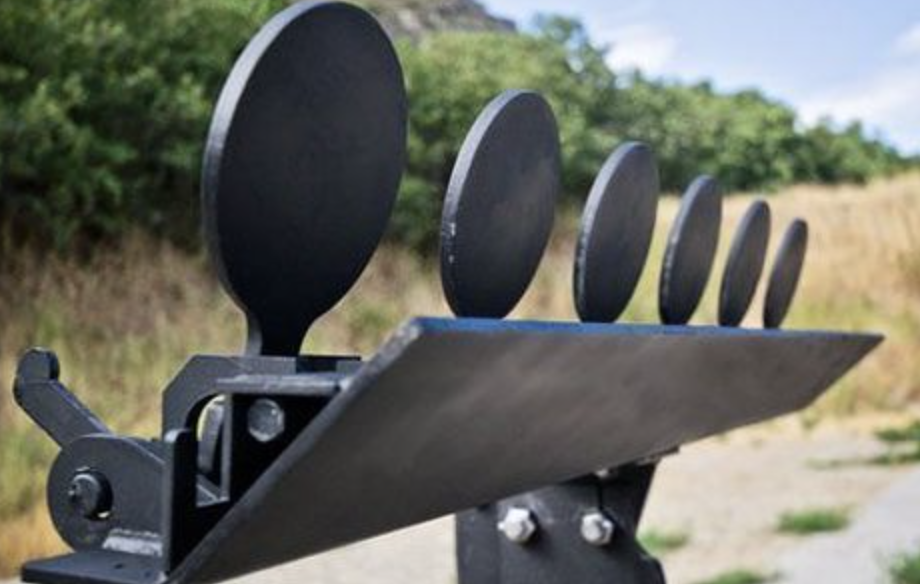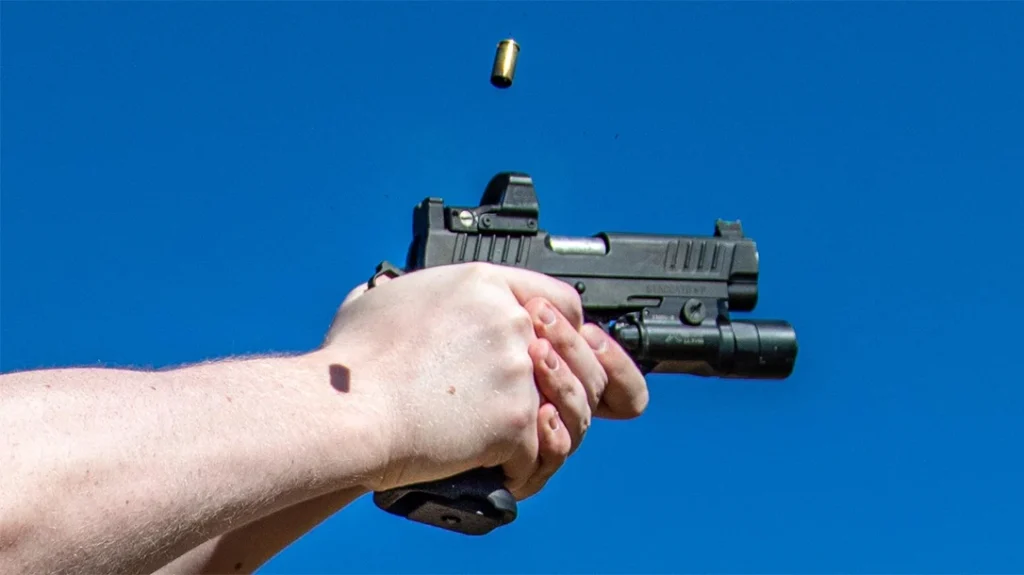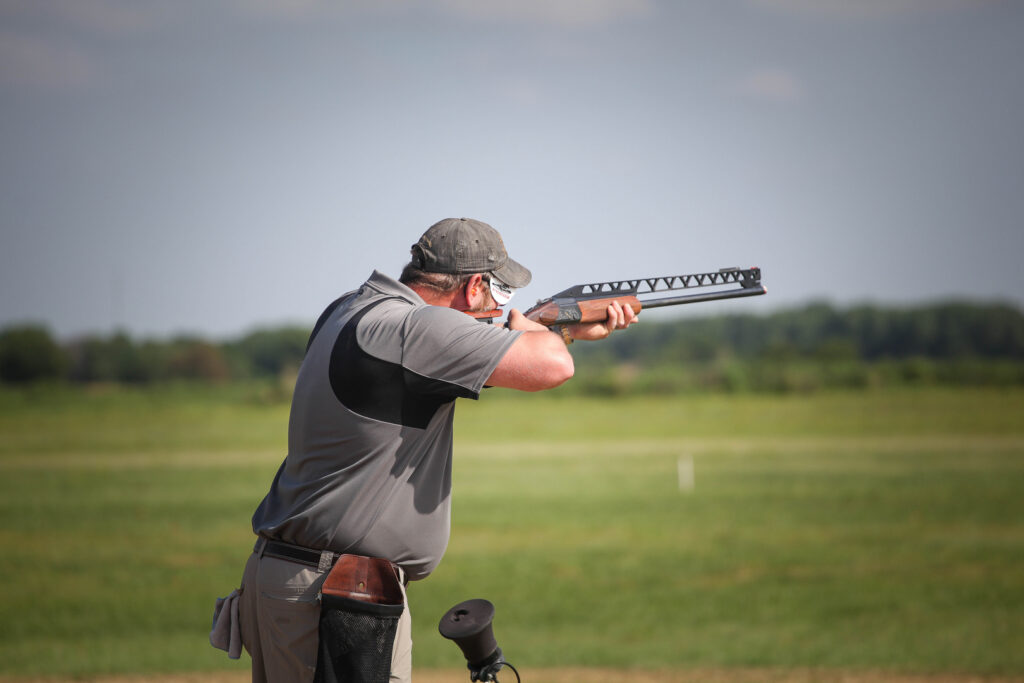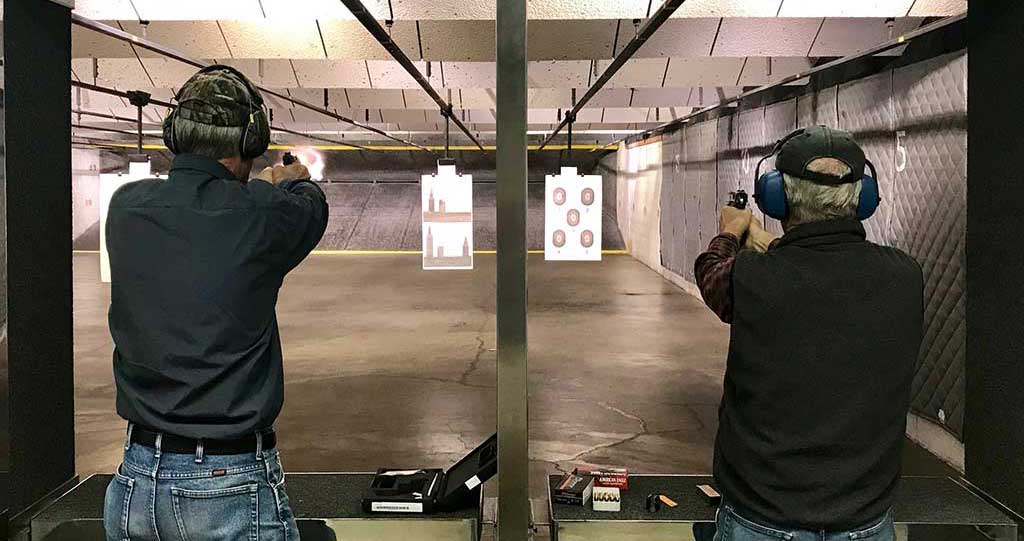When we prepare for violent encounters, we tend to think of things going a certain way. Everyone is different, but common themes include suspicion of a threat, then probably confirmation, and engagement of that threat, followed by assessment that the threat is neutralized, and then maybe a call to law enforcement/EMS.
While your personal odds of being involved in a violent encounter is statistically low, the stakes involved are as high as they get. Preparing for such a scenario is important, and should involve differing scenarios: We’ve all heard about the (apocryphal or not) cop who drew, shot twice, and reholstered, despite the threat not being ended, because “that’s how he trained”, yeah? Well, whether that happened or not, it speaks to the reality that we will generally respond to a deadly threat however we have trained, and planned for.
In the case Greg Ellifritz outlines in the linked blog post above, nothing was quite like he expected. There were indicators that gave him a weird enough vibe to feel it out without engaging, and it worked out well for him. But it was nothing like the usual home invasion scenario you hear people discussing in forums or on social media. He was prepared for a scenario that didn’t go to guns, as well as armed and trained to meet the more commonly dissected one.
He kept his head, prodded at the weirdness of the unfolding events, and because he did so, it all worked out great for him, in the least exciting way possible. If he had accepted the story, or gotten aggressive and opened the door to run them off, it may have gone quite differently. It was only the next morning, with fresh eyes, that he realized precisely what might have been going down. If he’d only prepared for a literal door-kicking, he might not have caught hints at what was going on, that only later stood out like a neon sign. Because of this, it wound up being a strange, confusing event, but ultimately boring.
It’s wise to consider that your defensive training and mindset might so thoroughly defuse someone else’s idea of what’s about to happen, that it just… doesn’t. The OODA loop goes both ways, and often, when you do things right, nobody knows you did anything at all.
